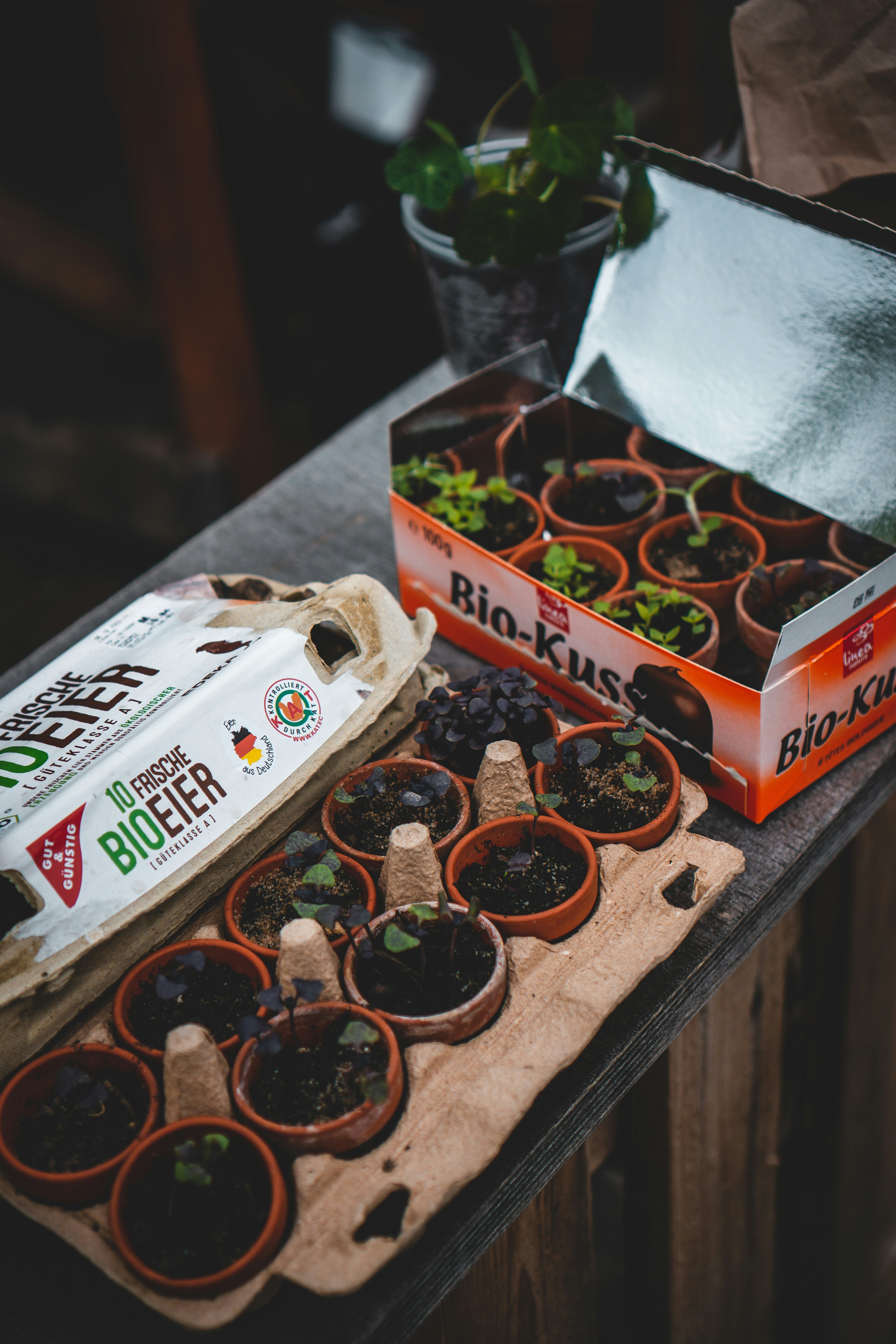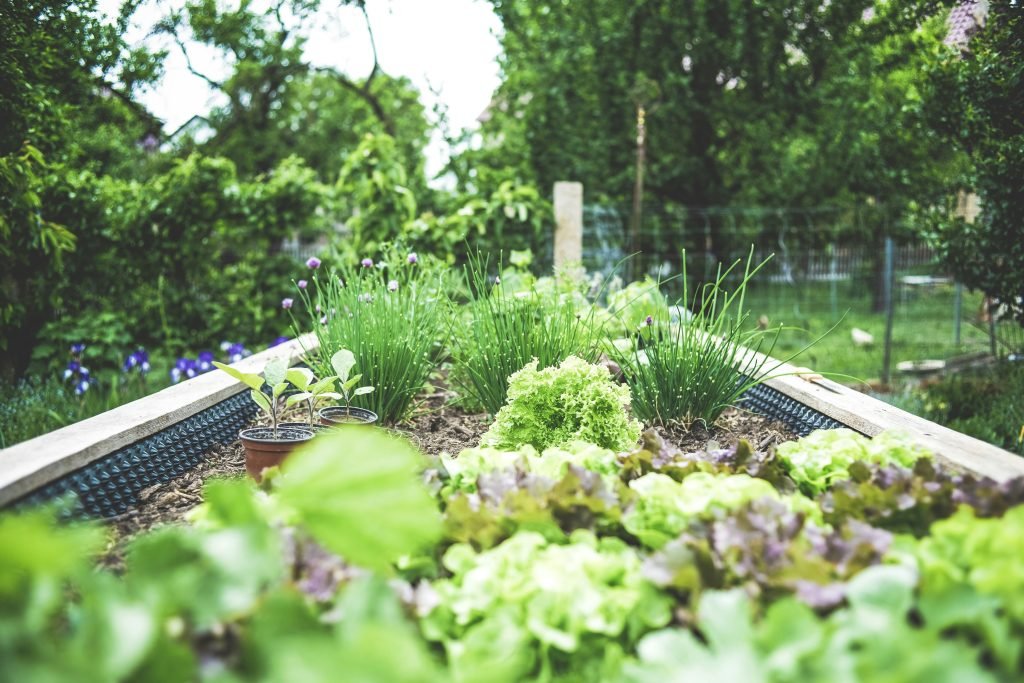What do you do when pests invade your home? You might feel a mix of annoyance and frustration, wondering how to handle unwelcome guests without resorting to harsh chemicals. Natural pest control methods can be a safe and effective option for managing unwanted visitors while keeping your home and family healthy.
This image is property of images.unsplash.com.
Understanding Natural Pest Control
Natural pest control methods generally refer to techniques that manage pest populations in an environmentally friendly way. Unlike synthetic pesticides, which can leave harmful residues and damage ecosystems, these approaches often harness nature’s own mechanisms to keep pests at bay.
You might be curious about what these methods entail and how they can be applied in your daily life. The good news is that many natural pest control techniques are straightforward, cost-effective, and sustainable.
Benefits of Natural Pest Control
When considering pest control options, natural methods come with a few distinct advantages:
- Safety: Natural pest control methods are often free from harmful chemicals, making them safer for your family and pets.
- Environmentally Friendly: These methods typically don’t disrupt the balance of your local ecosystem, keeping it healthier.
- Cost-Effectiveness: Many natural pest control solutions can be easily made at home using common household items.
- Sustainability: By using natural approaches, you contribute to a more sustainable lifestyle, promoting long-term pest management rather than just a quick fix.
Common Natural Pest Control Methods
1. Essential Oils
Essential oils are not just for aromatherapy; they can also serve as effective pest repellents. Many essential oils possess insect-repelling properties that can help you ward off a variety of pests including spiders, mosquitoes, and ants.
How to Use Essential Oils:
- Dilution: Blend a few drops of essential oils like peppermint, tea tree, or lavender with water in a spray bottle, then apply to areas prone to pests.
- Cotton Balls: Soak cotton balls in essential oils and place them in areas where pests are known to inhabit.
2. Diatomaceous Earth
Diatomaceous earth is a powder derived from fossilized algae, which can be incredibly effective in controlling pests such as cockroaches and bed bugs. When insects come into contact with the powder, it dehydrates them, leading to their demise.
Application Tips:
- Sprinkling: Lightly sprinkle diatomaceous earth in areas where you observe pest activity. It’s essential to ensure it remains dry for the best results.
- Barrier: Create a barrier around entry points like doors and windows to keep pests out.
3. Natural Traps
Creating natural traps is a smart and eco-friendly way to capture and remove pests without harming them. You can make several types of traps using basic household items.
Simple Trap Ideas:
- Apple Cider Vinegar Trap: Mix apple cider vinegar with a few drops of dish soap in a bowl. The vinegar attracts fruit flies, while the soap traps them.
- Beer Trap: Place a small amount of beer in a bowl to attract slugs and snails. They will crawl in and get stuck.
4. Beneficial Insects
Encouraging beneficial insects in your garden is an excellent natural strategy for pest control. Ladybugs, lacewings, and predatory wasps can help keep pest populations in check.
Ways to Attract Beneficial Insects:
- Plant Diversity: Incorporate a variety of plants to attract different beneficial insects.
- Native Plants: Use native plants that are suited to your local climate and can provide food and shelter for beneficial insects.
5. Homemade Repellents
Creating your own repellents is empowering and can effectively deter pests without harsh chemicals. Many homeowners have found success with simple homemade mixtures.
DIY Recipe Examples:
- Garlic Spray: Blend garlic cloves with water, let it steep, and strain the mixture. Spray it on plants to repel aphids and other pests.
- Pepper Spray: Combine hot pepper sauce with water and a few drops of dish soap in a spray bottle. This can effectively deter many insects.
Applying Natural Pest Control in Your Home
Identifying Pest Issues
Before you start implementing natural pest control methods, it’s essential to identify what types of pests you’re dealing with. Look closely at your home, garden, and any specific areas where pests are observed.
Assessing Entry Points
Pests often enter homes through small cracks and openings. Walk around your home and inspect for any potential entry points.
Common Entry Points:
- Windows: Check for gaps around window frames.
- Doors: Look for cracks around door frames or unsealed doors.
- Ventilation: Ensure that vent openings are properly screened.
Maintaining a Clean Environment
One of the simplest and most effective natural pest control methods is keeping your space clean. Pests are often attracted to food particles, clutter, and moisture.
Key Cleaning Tips:
- Regular Cleaning: Vacuum regularly and wipe down surfaces to eliminate crumbs and spills.
- Proper Food Storage: Store food in airtight containers.
- Moisture Control: Fix any leaks and avoid leaving damp towels or dishes out.
This image is property of images.unsplash.com.
Implementing Natural Pest Control in the Garden
Pest Monitoring
Monitoring pest levels in your garden is crucial for effective management. Many gardeners use a combination of visual inspections and damping traps to stay ahead of pest problems.
Organic Gardening Practices
Switching to organic gardening practices can reduce pest problems naturally. Rotating crops, planting pest-resistant varieties, and employing companion planting are useful strategies.
Companion Planting Examples:
| Companion Plant | Pest Control Benefits |
|---|---|
| Marigold | Repels nematodes and aphids |
| Basil | Deters flies and mosquitoes |
| Nasturtium | Attracts aphid predators |
Regularly Inspecting Plants
Routine checks of your plants can help you catch pest problems early so you can implement control measures before they escalate.
Creating a Balanced Ecosystem
Encouraging a balanced ecosystem in your garden allows natural pest control methods to work more effectively. Aim to create a space where a variety of plants coexist, providing habitats for beneficial insects.
Challenges with Natural Pest Control
Effectiveness and Speed
Natural pest control methods may take time to show results compared to chemical alternatives. It’s important to have patience and consistently apply your methods.
Environmental Factors
Weather conditions and other environmental factors can impact the success of natural pest control measures. Be prepared to adapt your approach based on changing circumstances.
Knowledge and Experience
You may need to educate yourself about which methods work best for specific pests. Experimenting with different techniques can be part of the process, allowing you to discover what best suits your individual needs.
This image is property of images.unsplash.com.
Conclusion
Transitioning to natural pest control methods may seem daunting at first, especially if you’re accustomed to conventional practices. Remember, the goal is to create a safe and healthy home while managing pest issues effectively.
Start small by trying out a few of the methods discussed. You’ll likely find that many natural solutions are not only effective but also enjoyable to implement. It’s all about finding what works best for you, your family, and your environment.
In the long run, your efforts will contribute to a healthier space and a more sustainable planet. So, why not give natural pest control a try? You may be pleasantly surprised by how well these methods work for you without the need for toxic chemicals. Happy pest control!







